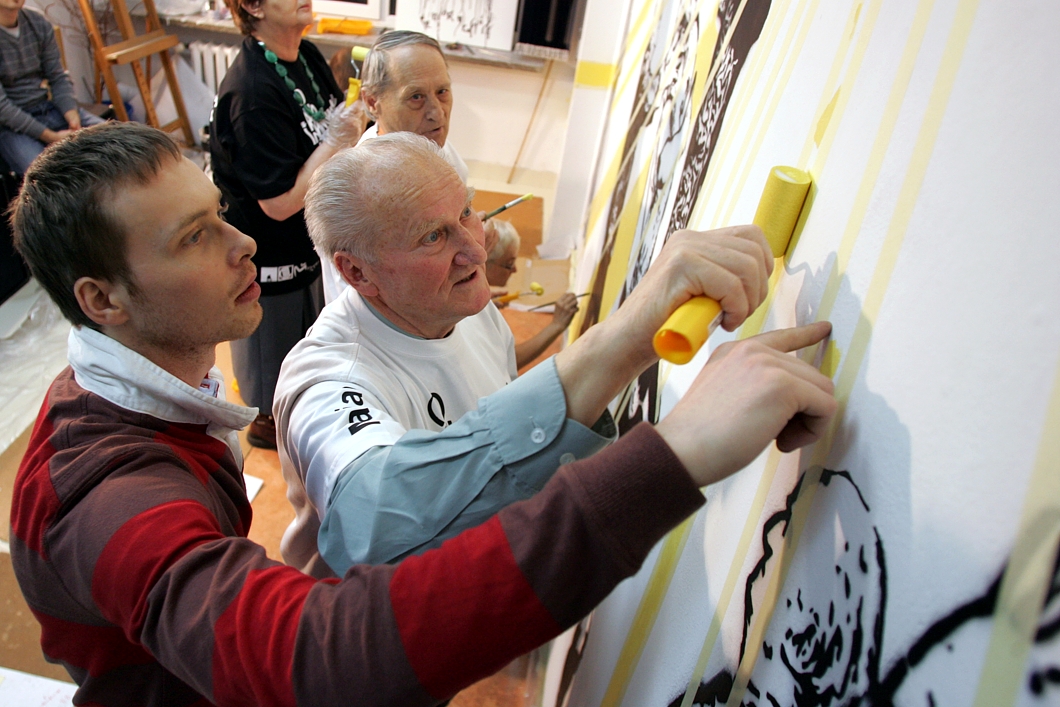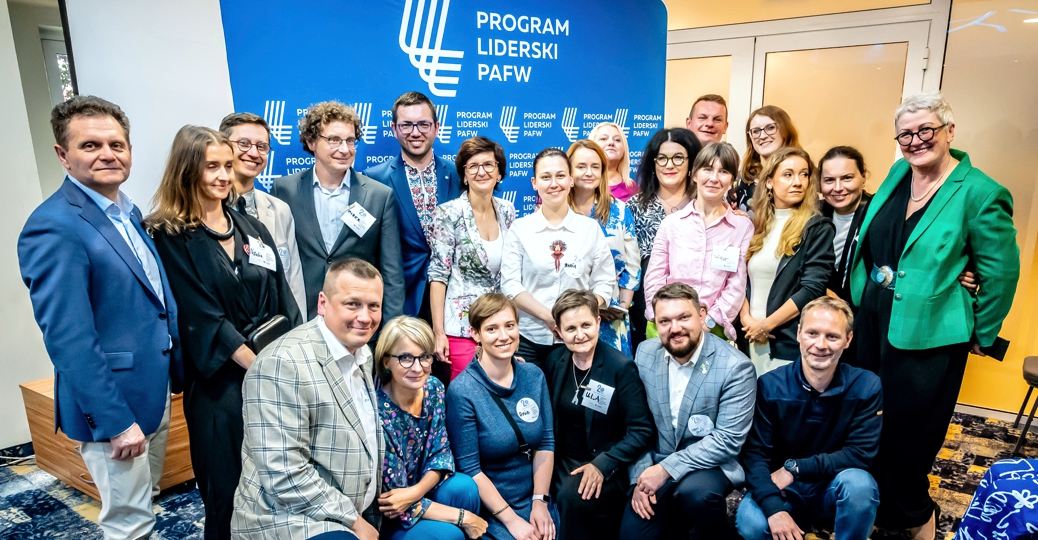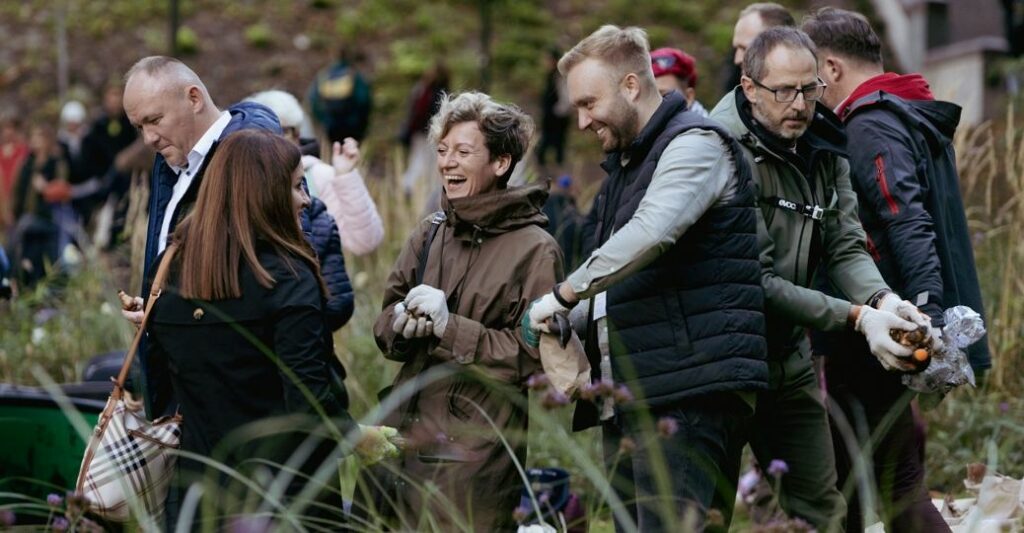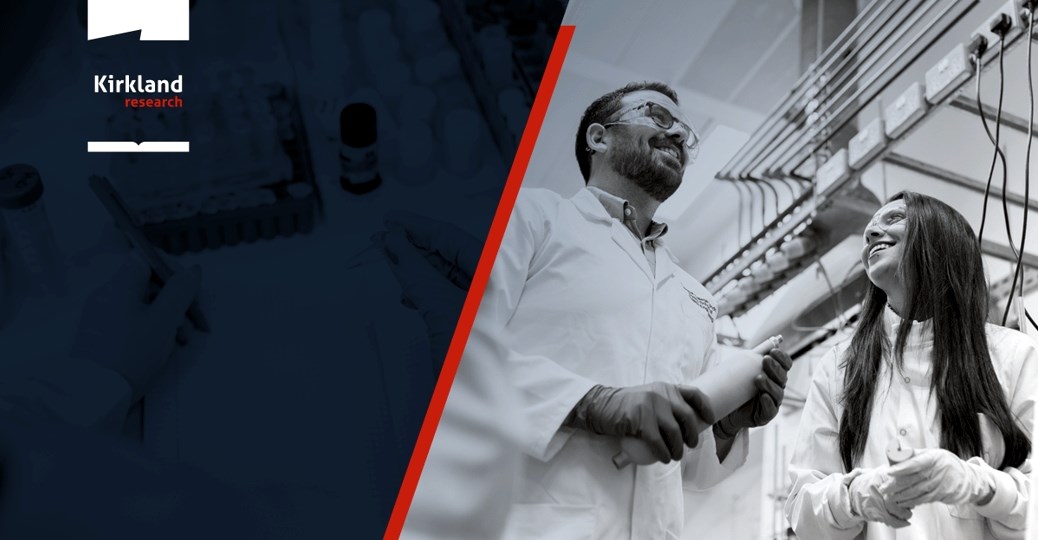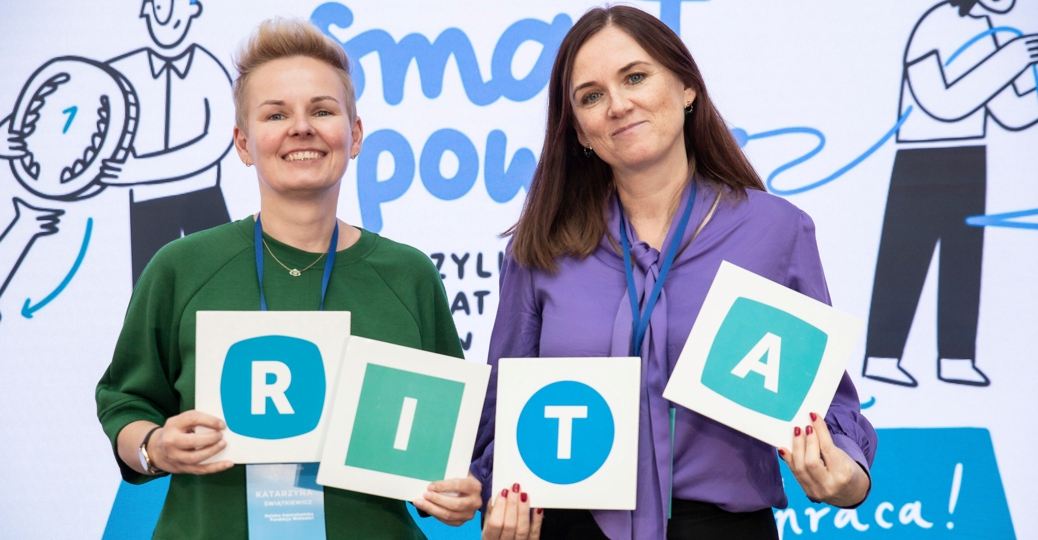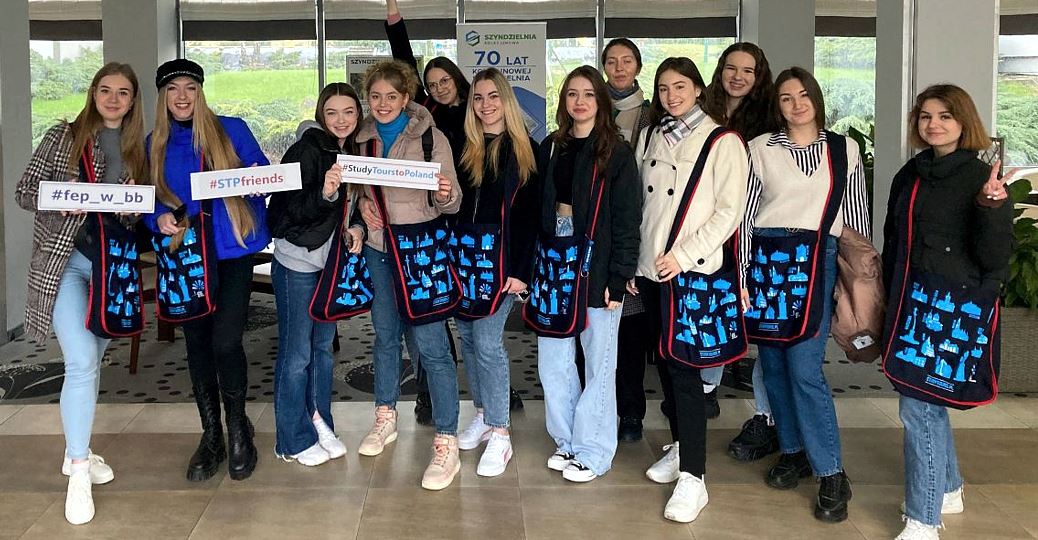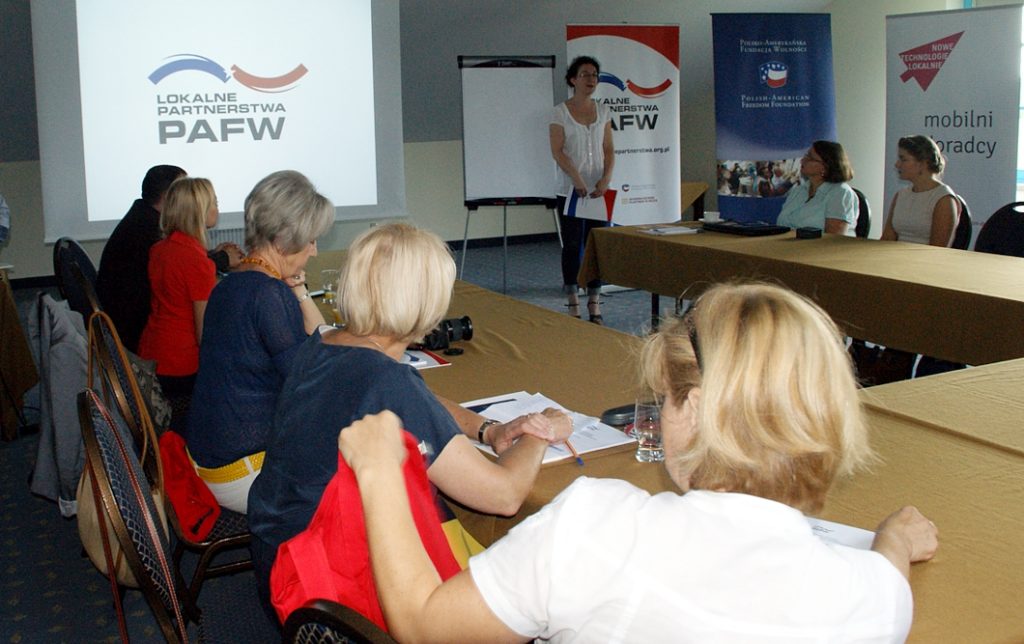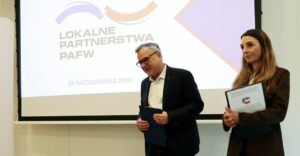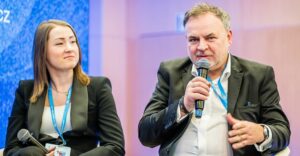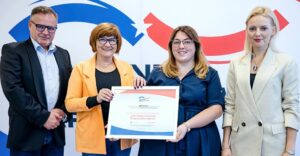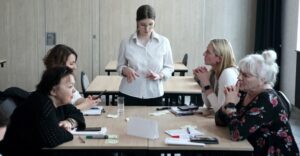A total of over 60 representatives of seven coalitions established in the third edition of the “PAFF Local Partnerships” Program met at regional workshops held in three towns in Poland - Złocieniec, Sandomierz and Grodzisk Mazowiecki. The workshops, organized in June and July, provided an opportunity to exchange experiences and share good practices.
During each of those meetings Paweł Łukasiak, President of the Academy for the Development of Philanthropy in Poland carried out discussions with representatives of local governments, partnerships and the Program alumni on what stimulates and what hinders the activities carried out for the benefit of local communities.

Waja Jabłonowska and Piotr Jaśkiewicz – leaders of coalitions established in the Program’s first two editions and today the participants in the Common Good Lab – an initiative for “PAFF Local Partnerships” Program alumni shared their experiences in establishing a local partnership, building it and then developing its sustainability.
Krzysztof Wołoczko, a journalist and documentarian, owner of the Optimist Media company, presented the ways of communicating about local initiatives, writing interesting texts for the website and being present in the social media.

Dawid Szarański of the Information Society Development Foundation, which implements the PAFF’s “ICT for Local Development” Program discussed the ways of making use of new technologies in the work of nongovernmental organizations.
The “PAFF Local Partnerships” Program initiates and develops cooperation between participants in various PAFF programs in order to establish partnerships that can carry out projects important to local communities. The leading motif involves efforts to achieve the common good. Communes where various PAFF programs were carried out establish partnerships comprising self-governments, NGOs, business, and local media. The Act Locally Centers are their leaders. In the present third edition of the Program, funds have been granted for the implementation of projects submitted by seven partnerships operating in 19 communes with participation of over 80 partners. The new partnerships are carrying out projects aimed at social space development, environment protection, development of a regional product, preserving regional cultural heritage and integration of the neighboring districts.









